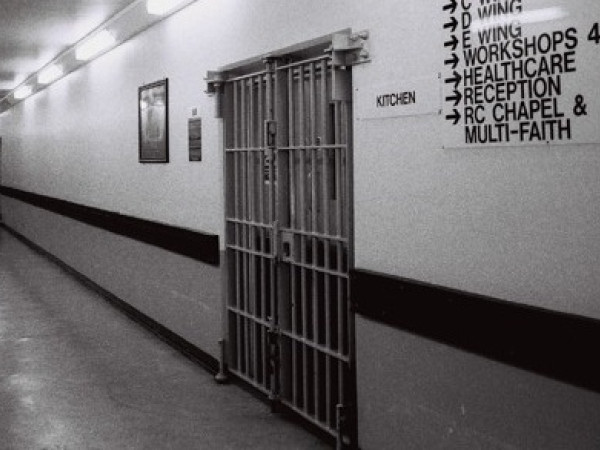
The government is facing renewed pressure to abolish, once and for all, the unjust Imprisonment for Public Protection (IPP) sentence.
On Friday, the House of Lords will be discussing Lord Woodley’s Private Members’ Bill – the Imprisonment for Public Protection (Re-sentencing) Bill – which aims to establish a resentencing exercise for all those subjected to the IPP sentence.
The IPP sentence was introduce by the former Labour government in 2003, supposedly to protect the public from dangerous offenders. It was, in effect, a life sentence for those who have not committed serious offences – like murder – that would usually attract a life sentence.
The sentence was abolished by the former coalition government in 2012, but the abolition did not apply to those who were already serving the sentence. Over a decade after the sentence’s abolition, some 2,500 prisoners are still languishing in custody under the sentence.
- Thomas White was handed a two-year minimum sentence for stealing a mobile phone but has served 12 years.
- John Wright, then 17, was given a two-year tariff for head-butting a younger child and stealing his bike but has served 17 years.
- Martin Myers received a 20-month tariff in 2006 for attempted robbery of a cigarette but has served 18 years.
- Yusuf Ali was given a three-year tariff in 2008 for seriously injuring another prisoner but has served 16 years.
The UN Special Rapporteur on Torture, Dr Alice Edwards, has described the IPP as an “inhumane” punishment that “often amounts to psychological torture”.
The former Supreme Court Justice, Lord Brown of Eaton-Under-Heywood, wrote in 2020: “I have no hesitation in describing the continuing aftermath of the ill-starred IPP sentencing regime as the greatest single stain on our criminal justice system.”
Lord Woodley’s Bill is intended to bring into effect a key recommendation of the House of Commons Justice Committee. In a 2022 report, the Committee called for all those serving an IPP to be resentenced, arguing that this was “the only way to address the unique injustice caused by the IPP sentence”.
The Centre for Crime and Justice Studies has been supporting Lord Woodley in this important work and has produced a briefing for parliamentarians, which can be downloaded from this page.
Speaking before the Friday’s debate, Lord Woodley offered the following message to those serving IPP, whether in prison or the community:
My message, quite simply, is don’t give up hope – you have more supporters than you realise.
There are many in parliament who will not rest until we have justice for everyone suffering these appalling torture sentences.
But please understand it is the Government who ultimately have the power to end this injustice. Sadly, my Bill by itself will not bring you justice.
But it can help build pressure on the Government to do the right thing, and it can help build public awareness of this industrial-scale miscarriage of justice.
So please don’t have false hope in my Bill. Hope – but not false hope – is my aim here.
Speaking today, our Director, Richard Garside, said:
Compared with the big challenges any government faces, the IPP is a simple problem to fix. It is also a problem that only parliament can fix.
To wipe this stain off our criminal justice system for good, all sides are going to have to work together to make it happen.